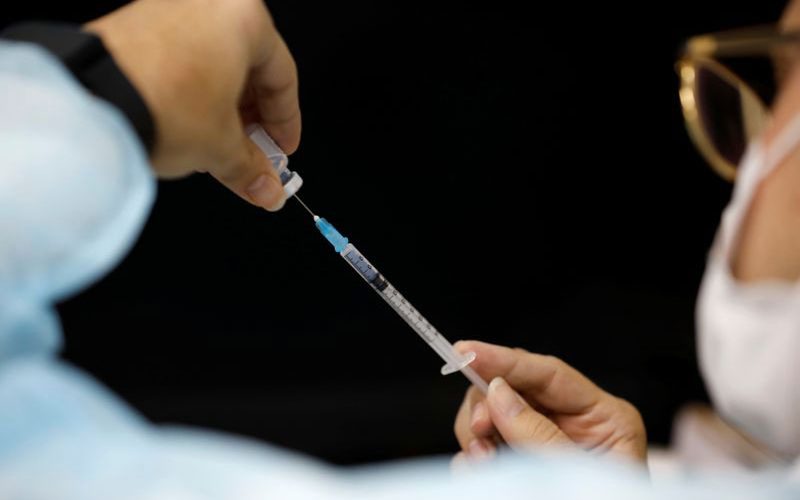
Why resistance is common in antibiotics, but rare in vaccines
CELIA SOUQUE, Postdoctoral Researcher, Microbiology, University of Oxford LOUIS DU PLESSIS, Postdoctoral Research Associate, University of Oxford ANTIBIOTIC resistance is a worldwide problem to the extent that there is a grave risk that common infections will soon become untreatable. Meanwhile, vaccines developed nearly a century ago still protect us from deadly diseases. What might explain this difference? Bacteria have evolved resistance to every antibiotic ever developed. Sometimes this happened very soon after an antibiotic was first introduced. It took just six years for resistance to penicillin, the first antibiotic, to become widespread in British hospitals. But resistance against vaccines has…

